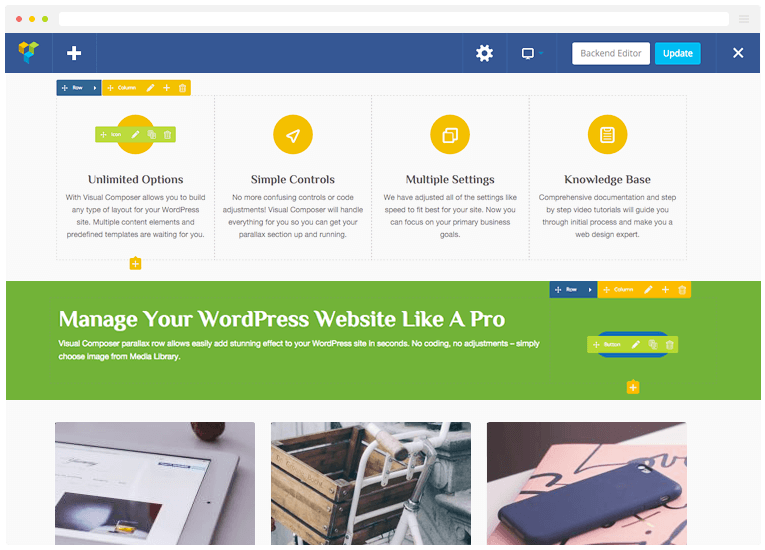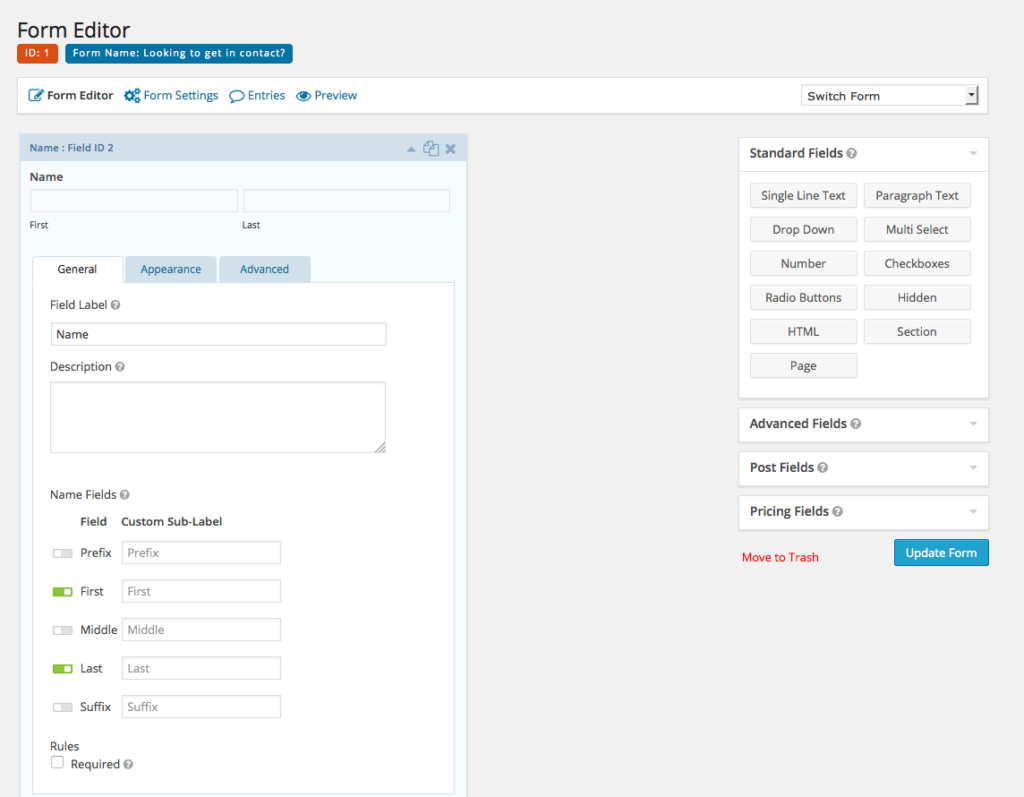There’s an app for that?
More like “there’s a plugin for that” – at least in the world of WordPress.
For those of you unfamiliar, WordPress is an open source software used to create websites, blogs and apps. Started in 2003 as a personal blogging platform, WordPress has since evolved to a full content management system (CMS) that can be used to build complex, customized websites, limited “only by your imagination. (And tech chops.)”
It’s our CMS of choice for clients because of its flexibility and incredibly friendly UX. And Altitude isn’t alone. According to its site, WordPress “powers 28 percent of the internet.”
What makes WordPress especially nice to use is its willingness to “talk to” various plugins.
What’s a plugin?
WPBeginner.com defines a plugin as “a piece of software containing a group of functions that can be added to a WordPress website. They can extend functionality or add new features to your WordPress websites. WordPress plugins are written in the PHP programming language and integrate seamlessly with WordPress.”
Translation: When you add a plugin to your WordPress website, you can add features to your site without using a complex coding language.
Now that you’ve gotten a bit of a vocabulary lesson, let’s get to the meat of this blog post: choosing which WordPress plugins are must-haves.
With so many different options at your disposal, deciphering which plugins your website needs—and which to avoid—may seem like a daunting task. Luckily, we’re here to help.
What to Look for in a Plugin
From adding simple customization to advanced social media integration, there’s a plugin for almost every purpose you wish to serve with your WordPress site. But that doesn’t mean you should go plugin crazy. Poorly developed plugins can cause a host of problems for your website, including 500 errors, site crashes, slow load times, unresponsiveness and a number of other headaches. This makes choosing the right plugins an important step in ensuring the success and health of your website.
The best WordPress plugins are lightweight, straightforward, function properly and interact well with other plugins installed. When considering a plugin, answer the following questions before adding something willy-nilly:
- What does the plugin’s description say? Does it match my requirements?
- What is this plugin’s rating and how many downloads does it have?
- Is this plugin compatible with my current version of WordPress?
- When was this plugin’s last update and is there developer support?
- What do the reviews say?
Equipping yourself with as much information as possible when installing plugins will help ensure a smooth process. But remember, plugins are never a 100% guarantee. If your installed plugin doesn’t play nice with your site, you can always delete it — but backing up your site before installation is always recommended just in case.
5 Plugins We Love
1. W3 Total Cache
Installs: 1M+
Price: Free
Rating: 4.5 of 5 Stars (3,872 ratings)
W3 Total Cache is an optimization plugin, which serves compressed and cached files to your site visitors. It improves the SEO and user experience of your website by increasing server performance, reducing download times and accelerating page speed.
This is a complete plugin, offering a lot of options for improving the performance of your WordPress site.
Features Include:
- Support for CDN integration
- Accelerated Mobile Pages (AMP) support
- Secure Socket Layer (SSL) support
- Minification functionality
- Database caching
- Browser caching
- Object caching
Learn more about W3 Total Cache.
2. Yoast SEO
Installs: 3M+
Price: Free (premium option available)
Rating: 4.8 of 5 Stars (15,389 ratings)
Yoast SEO improves your website’s ranking in search engine results, while guiding you to drafting better, more relevant content. The plugin quickly scans and analyzes your site’s pages and posts, then offers suggestions on how to make their content, images, keywords, links and other elements more SEO friendly.
Another great feature? Yoast SEO helps you set and preview the way your page/post will look when it’s searched on Google and shared on social media.
Features Include:
- Focus keyword testing
- Readability check
- XML Sitemap generation
- Meta robots
- Customizable meta description and SEO titles on a per page/post basis
- Google search snippet previews
- RSS Optimization
Learn more about Yoast SEO.
3. WPBakery Page Builder (formerly Visual Composer)
Installs: 2M+
Price: $34
Rating: 4.7 of 5 Stars (9,404 ratings)
Not well-versed in HTML and CSS? That’s no problem with WPBakery Page Builder. This plugin helps you build modern and fully responsive web pages without any coding. With WPBakery Page Builder, page layout is facilitated by dragging and dropping a number of predefined content elements and interactive widgets. Whether you are a web novice or an experienced developer, this plugin offers an intuitive and effective way to build the pages your site needs to stand out.
Features Include:
- Easily extendable
- Frontend & backend editor
- Object-oriented code
- Template system and library
- Responsive design
- Advanced grid builder
- Design options
Learn more about WPBakery Page Builder.
4. Gravity Forms
Installs: 290K+
Price: $39/year-Personal | $99/year-Business | $199/year-Developer
Gravity Forms enables users to build complex, powerful contact forms with no programming knowledge required. With this plugin, contact forms can be created using drag-and-drop functionality.
In addition to sending email notifications, Gravity Forms stores all form submission data in your WordPress database, allowing users to sort and access contact form submissions, review each entry in detail and export the data to an excel file.
Features Include:
- Multi-page forms
- Advanced fields like file uploads
- Limit entries
- Form scheduling
- Email notifications
- Integration with third-party systems
- Conditional logic
Learn more about Gravity Forms.
5. CleanTalk
Installs: 60,000+
Price: $8/year-One Website
Rating: 4.9 of 5 Stars (1,903 ratings)
Anti-Spam by CleanTalk is a cloud-based spam blocker. Because this plugin is cloud-based, it’s capable of analyzing multiple aspects of your website without weighing down your server and sacrificing site speed.
The plugin works by checking user entered data, like post comments and form submissions, against CleanTalk’s blacklist of IP addresses, email addresses and domain names. If the user’s data is listed in CleanTalk’s blacklist, the action is denied and the spam avoided.
Features Include:
- Cloud-based
- Easy to set up
- Real-time statistics
- Immediate protection for all forms
- Comment spam protection
Learn more about CleanTalk.





